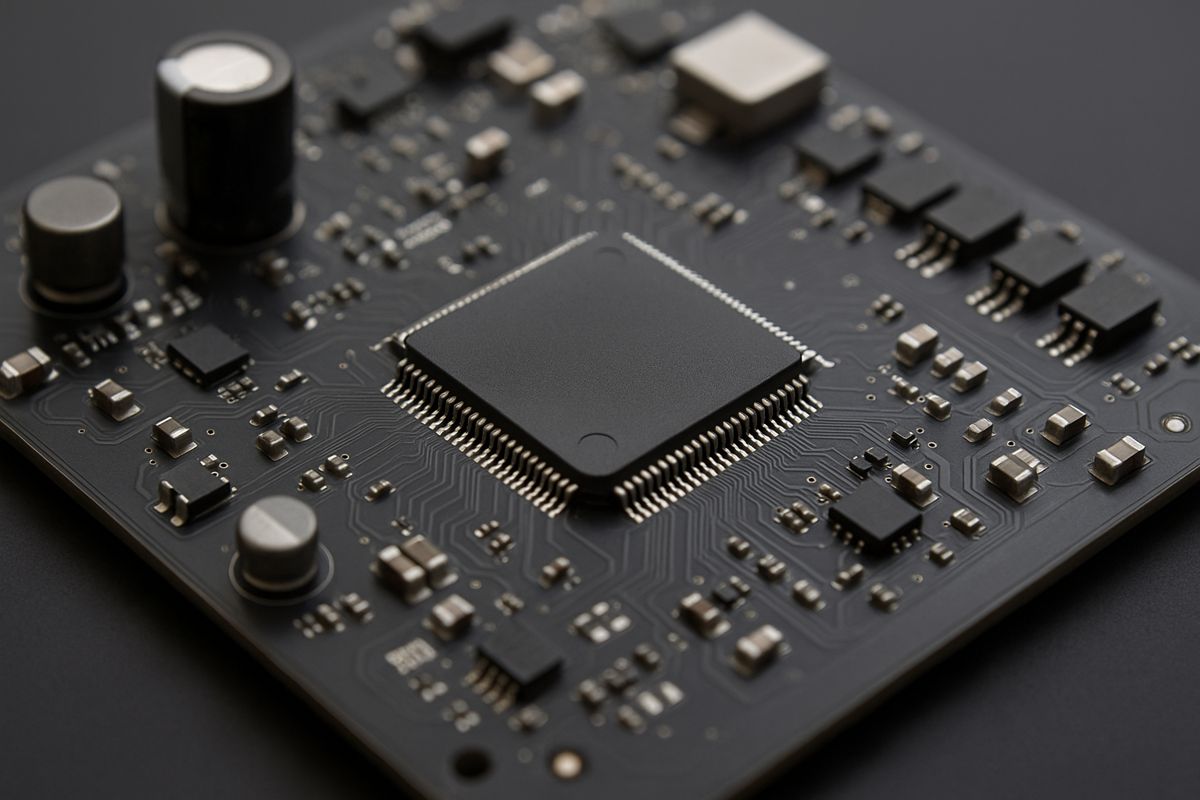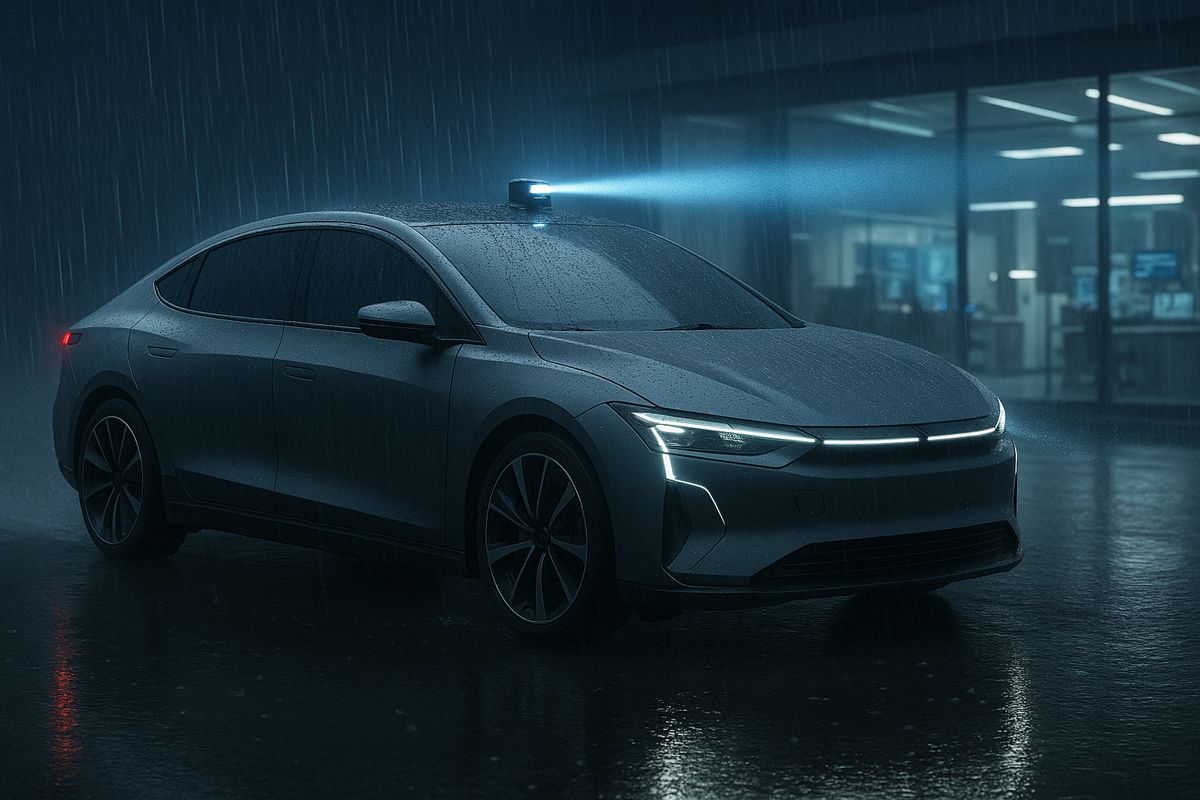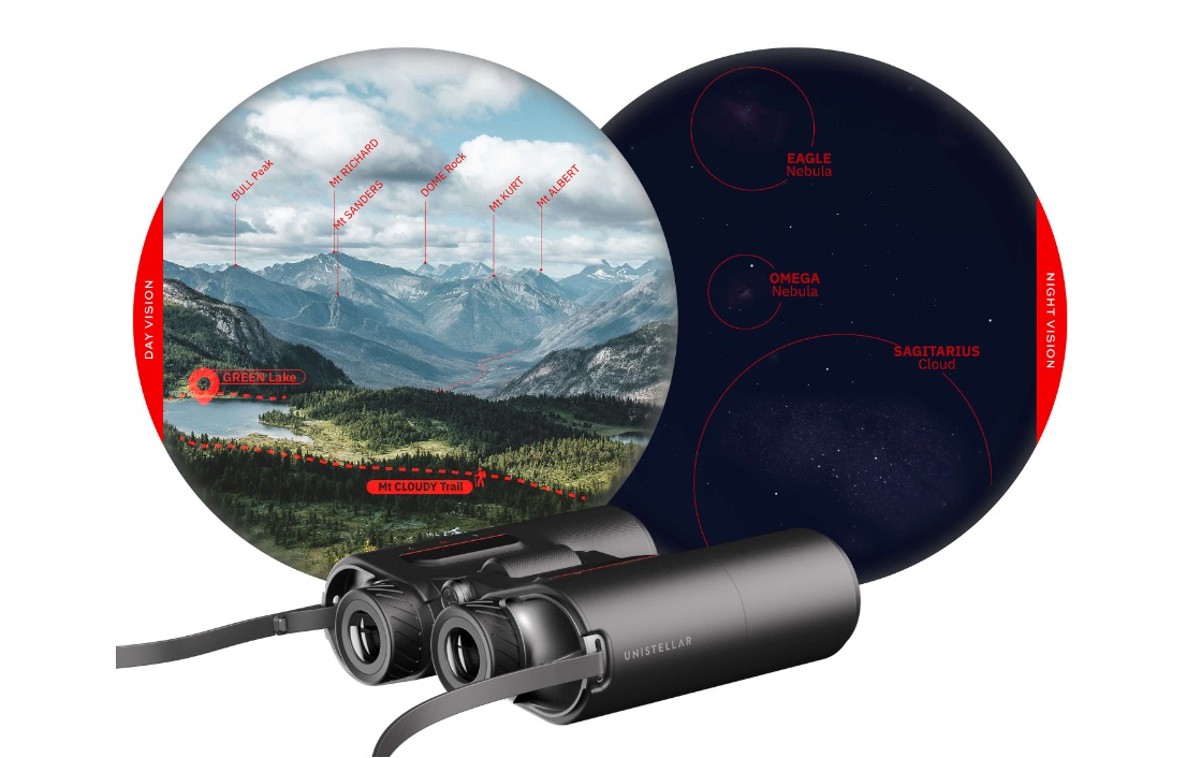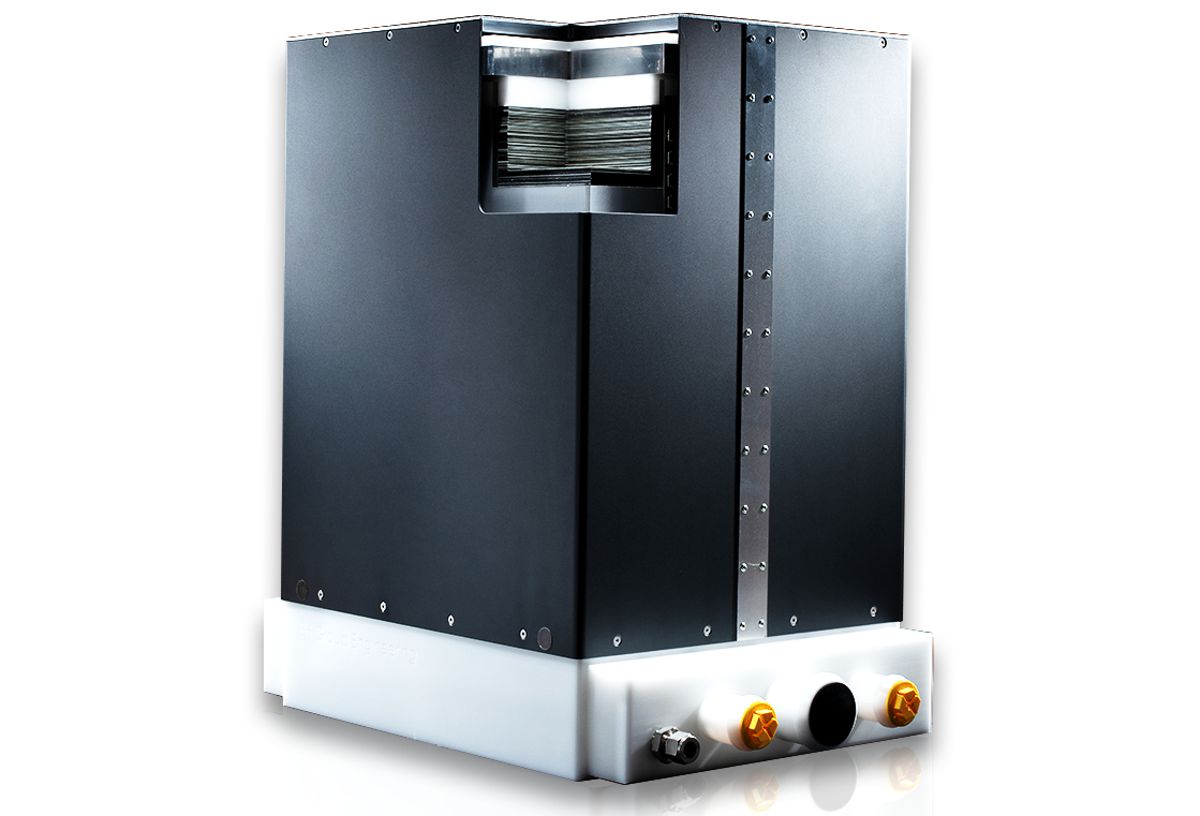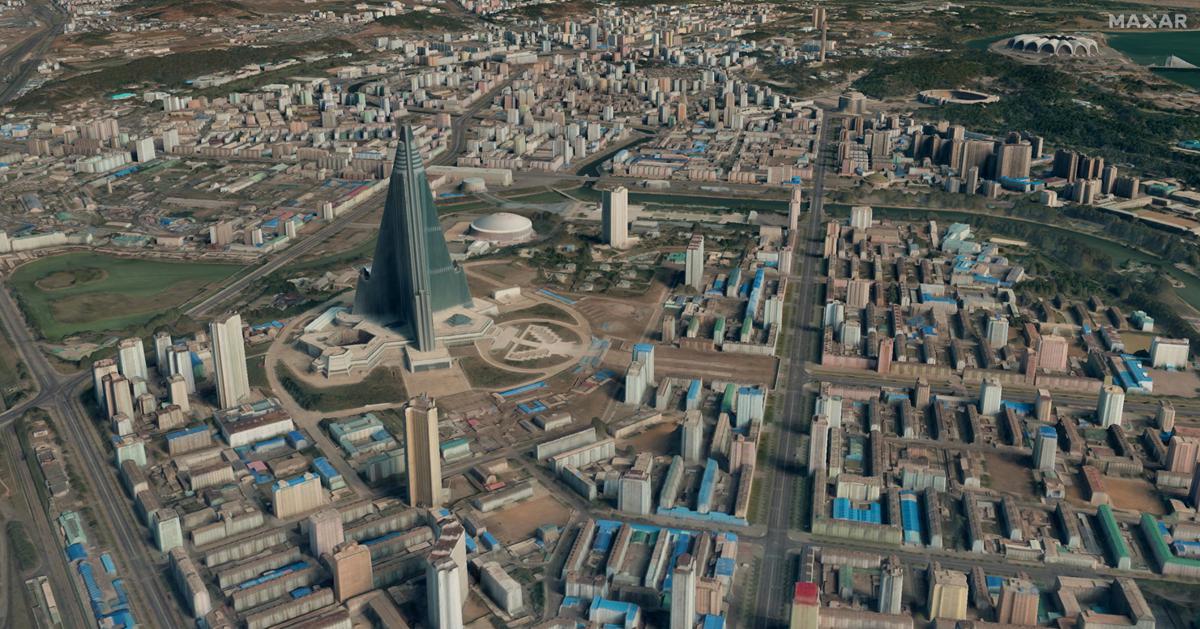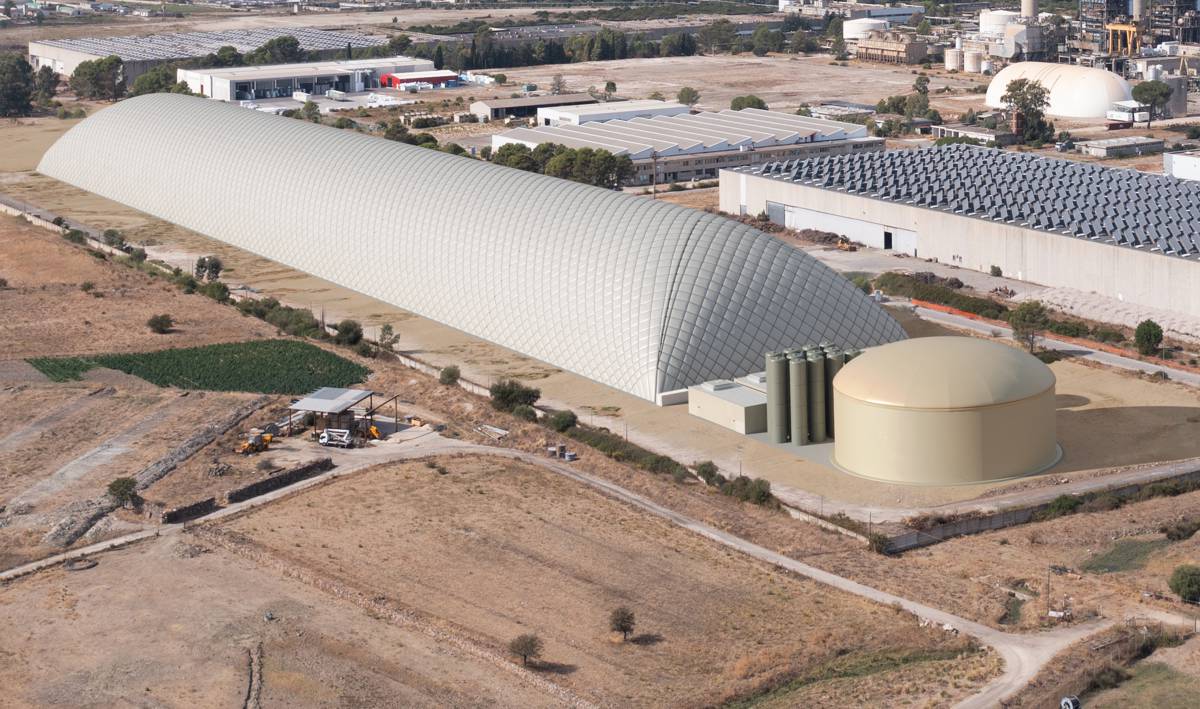New autonomous vehicle system connects Road Authorities with vehicle operators
Highly Automated Vehicles (HAV) are currently testing on public roads in fewer than 50 cities around the world, but more markets are interested in bringing this new technology to their streets.
INRIX, the leader in connected car services and transport analytics has announced a new platform that provides the foundation for cities and road authorities to communicate with operators for safe and effective deployment of Highly Automated Vehicles on public roads. INRIX AV Road Rules is the first platform that enables cities and road authorities to assign, validate and manage traffic rules and restrictions for autonomous vehicles operating on public roads. The platform also leverages information from AVs to report infrastructure improvement needs, making the roads safer for all users.
“If deployed correctly, highly automated vehicles will radically improve our transportation systems, making them safer, more efficient and higher quality,” said Avery Ash, head of autonomous mobility. “After talking to hundreds of cities, states and federal officials, and dozens of HAV operators, we identified a critical data gap that INRIX is uniquely positioned to address. INRIX AV Road Rules marks an essential new tool for transportation agencies to lay a foundation for the safe operation of HAVs on public roads.”
For more than a century, road authorities have communicated driving restrictions with terrestrial signage and lane-striping. While Highly Automated Vehicles have greatly improved the ability to operate in complex traffic environments, street signs and lane stripes are an inexact way to communicate rules to a 21stcentury vehicle.
Currently onboard sensors, computer vision, machine learning and/or third-party datasets are used to triage roadway guidelines, but this approach is imprecise, costly (resources and dollars) and increases the risk of rule violations. INRIX AV Road Rules enables cities and road authorities to quickly and easily digitize local restrictions such as speed limits, crosswalks, school zones and stop signs, allowing automakers and HAV operators to ensure vehicles comply with local guidelines. The platform also creates a channel to communicate road infrastructure needs from HAVs back to transportation agencies, which improves safety and performance for all road users.
Chris Holmes, connected and autonomous vehicle research senior manager at Jaguar Land Rover, said: “Self-driving vehicles are stimulating conversations globally, but they are in fact a very local challenge. Road conditions and layouts can vary drastically over a matter of miles and so it is vital that self-driving is facilitated collaboratively. Local traffic authorities play a significant role in this. INRIX AV Road Rules provides improved information to the car, ensuring our self-driving technology is the most safe, sophisticated and capable to deal with challenging real-world environments as we enter new markets across the globe.”
At launch, seven cities and road authorities and four HAV operators have signed on to support INRIX AV Road Rules, and many more have expressed interest in joining when it expands later this year. The initial set of pilot users includes cities and road authorities with a variety of sizes, climates and geographies: Austin, TX; Boston, MA; Cambridge MA; Portland, ME; Regional Transportation Commission of Southern Nevada which includes Las Vegas; Transport for West Midlands and Transport Scotland in the UK.
Automakers and operators slated to use the platform at launch include: Jaguar Land Rover, May Mobility, nuTonomy (an Aptiv company) and operators running Renovo’s Aware platform. The initial set of partners will help refine and expand the platform to improve a crucial tool for road authorities to fulfil their traditional role of setting and maintaining traffic rules and restrictions.
“We are excited to collaborate on the INRIX AV Road Rules in Boston and see this as a great opportunity to continue the city’s focus on safety in the development of autonomous vehicle operations,” said Kris Carter, Co-Chair of the Mayor’s Office of New Urban Mechanics at the City of Boston. “This is an important project that will explore how our city shares information with vehicles and vice versa. INRIX is helping us lay an open foundation for operators interested in piloting AVs on public street by offering an important dataset that demonstrates our understanding of real-world deployment challenges.”
“INRIX AV Road Rules provides access to ground-truth, road authority-verified traffic guidelines that will help us ensure successful operation of our vehicles,” added Gretchen Effgen, VP of Global Partnerships at nuTonomy (an Aptiv company). “Partnering with INRIX and the city of Boston demonstrates our commitment to safety and our work to guarantee our vehicles always have the most up-to-date information.”
For more than 10 years, INRIX has been working with public agencies and vehicle operators around the world to manage and improve transportation for human driven vehicles.



















